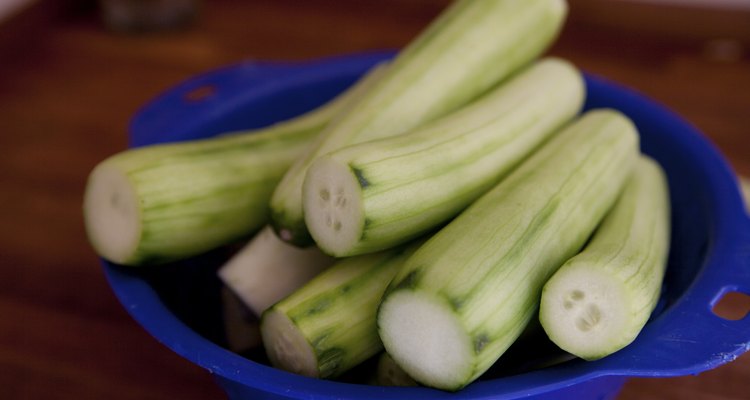
FotoLounge/iStock/Getty Images
Cucumbers may not generate as much buzz as more nutrient-dense vegetables like spinach and kale, but they’re not without their benefits. They’re crisp, moist, refreshing and low in calories because they’re mostly water -- about 96 percent by weight, according to the U.S. Department of Agriculture. This also makes the vine-grown vegetables relatively low in nutrients, and peeling them strips away much of what they do have to offer.
Skin Appeal
Cucumber skin gets some of its rich green color from lutein, an antioxidant carotenoid associated with eye health. Your body uses lutein – along with zeaxanthin, another carotenoid -- to protect the lenses and retinas of your eyes from ultraviolet light. A diet that includes plenty of lutein-rich foods may help slow age-related macular degeneration and delay the onset of cataracts, according to the Linus Pauling Institute at Oregon State University. Cucumber skin is also an excellent source of silica, a mineral that plays an important role in calcium absorption, collagen formation and overall bone health.
Whole Vs. Peeled
You’ll get right around 16 calories, 3.8 grams of carbohydrates and just over half a gram of protein from a 1-cup serving of sliced cucumber with skin. You’ll also get just over half a gram of dietary fiber along with modest amounts of potassium, magnesium, folate and vitamins A, C and K. Although most of the vegetable’s folate and vitamin C is found in its flesh, peeled cucumbers are about 56 percent lower in vitamin K, 30 percent lower in vitamin A and almost 10 percent lower in potassium than the unpeeled variety. These percentages don’t represent a substantial amount of nutrients, however, since levels are low to begin with.
Other Considerations
While you may find yourself peeling cucumbers simply because it’s how you’ve always eaten them, there are bona fide reasons to avoid the skin. As of 2014, the Environmental Working Group lists conventionally grown cucumbers as one of the dirty dozen of produce, meaning they contained substantially higher concentrations of pesticide residues compared to other types of produce. Many cucumbers are also coated with wax to help retain moisture, prevent mold and prolong their shelf life. Although the U.S. Food and Drug Administration regulates wax coatings and generally considers them safe for consumption, those applied to conventionally grown cucumbers are usually synthetic and often petroleum-based.
Clean Cucumbers
Gently scrub cucumbers with a vegetable brush under cool running water to remove dirt and as much bacteria as possible. Washing nonorganic, wax-coated cucumbers won’t remove all of the pesticide residues or the wax, which is why you may want to peel the vegetable before you consume it. If you prefer to eat whole cucumbers, however, opt for the organically grown variety. While organic cucumbers can still be treated with wax, it must be natural, not synthetic. English cucumbers -- the long, thin variety with extra-small seeds -- are never waxed, which is why they come wrapped in plastic.
Related Articles
Do English Cucumbers Have to Be Peeled ...

How do I Remove the Wax Coating From an ...
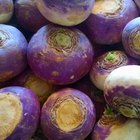
How to Cook Wax Turnips
Calories in Candied Walnuts

Grapefruit Skin Benefits

Health Benefits of Organic Foods Vs. ...
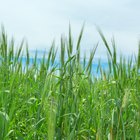
Is Wheat Grass an Alkalizing Food?
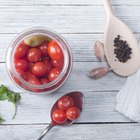
Fresh Tomatoes vs. Canned

Brown vs. White Sugar in Body Scrubs

Polyphenols & the Skin

Vitamin C & Stretch Marks
Healthy Snack Substitute for Green ...

How to Julienne Jicama
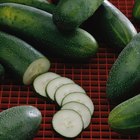
How to Prepare Cucumbers

Can You Substitute Asian Eggplant for ...
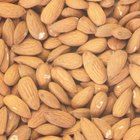
Types Of Almonds

Is Allantoin a Relative of the Lanolin ...

Peeling the Spiny Chayote Squash

Do You Soak Raw Peanuts in Water Before ...
How to Blanch Red Potatoes for Peeling
References
- Linus Pauling Institute at Oregon State University: Carotenoids
- National Center for Biotechnology Information: Silicon and Bone Health
- USDA National Nutrient Database: Cucumber, With Peel, Raw
- USDA National Nutrient Database: Cucumber, Peeled, Raw
- Environmental Working Group: EWG’s 2014 Shopper’s Guide to Pesticides in Produce
- U.S. Food and Drug Administration: Raw Produce – Selecting and Serving it Safely
- Washington State Department of Agriculture Farm to School: Facts for Cucumbers
- Wellness Foods A to Z: An Indispensable Guide for Health-Conscious Food Lovers; Sheldon Margen, M.D.
- Encyclopedia of Healing Foods; Michael Murray, N.D., et al.
Writer Bio
Based just outside Chicago, Meg Campbell has worked in the fitness industry since 1997. She’s been writing health-related articles since 2010, focusing primarily on diet and nutrition. Campbell divides her time between her hometown and Buenos Aires, Argentina.
Photo Credits
FotoLounge/iStock/Getty Images